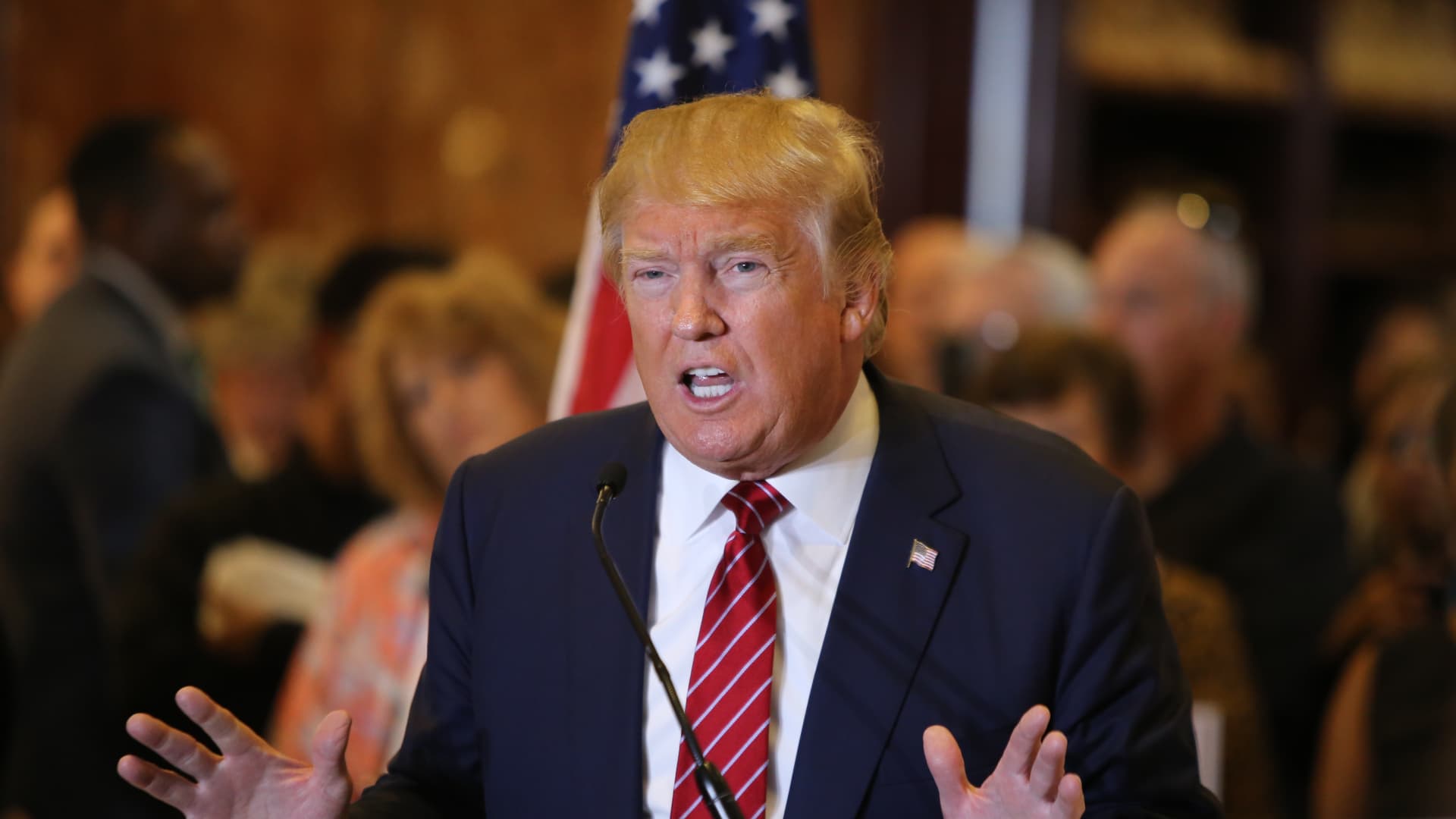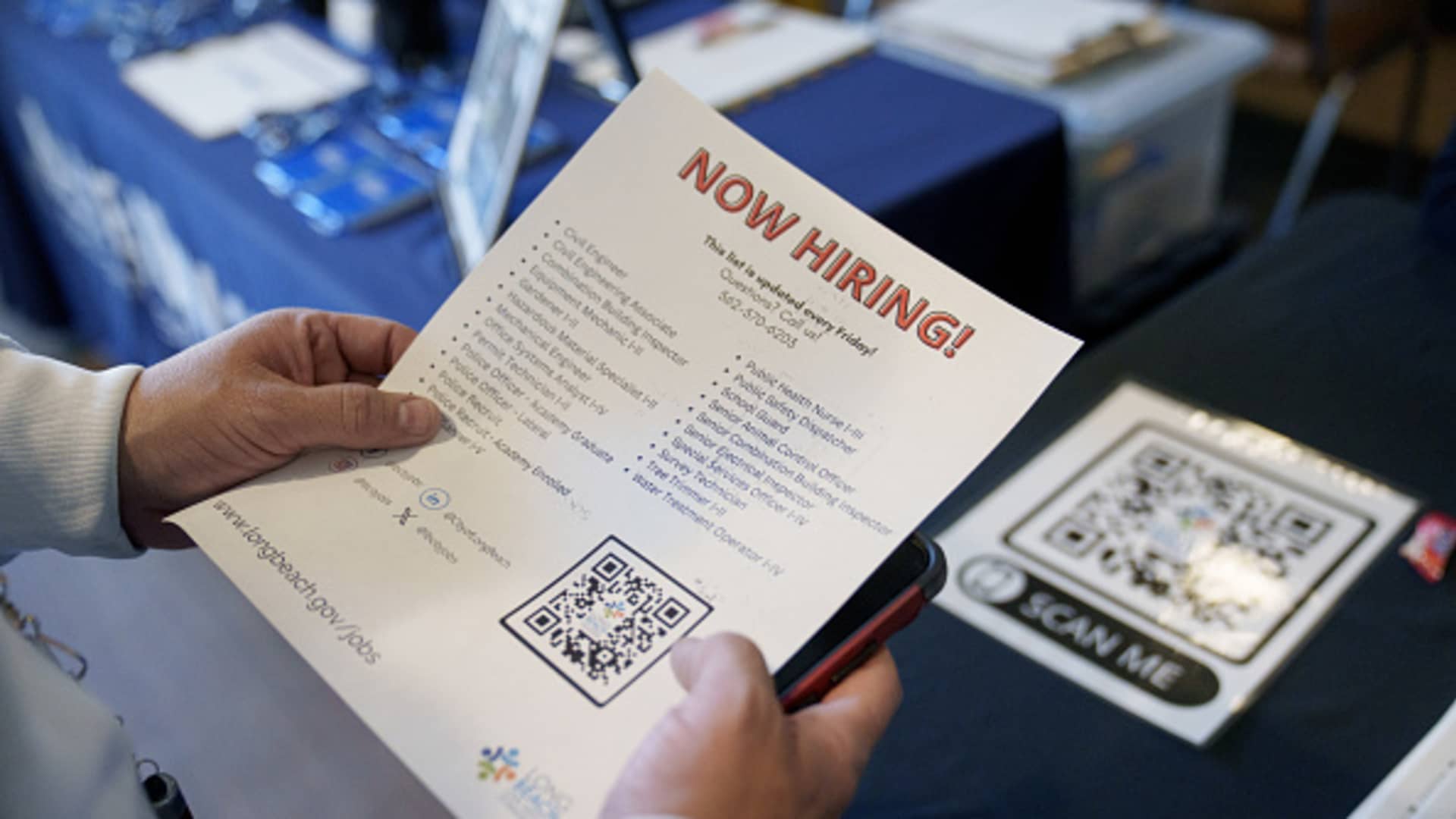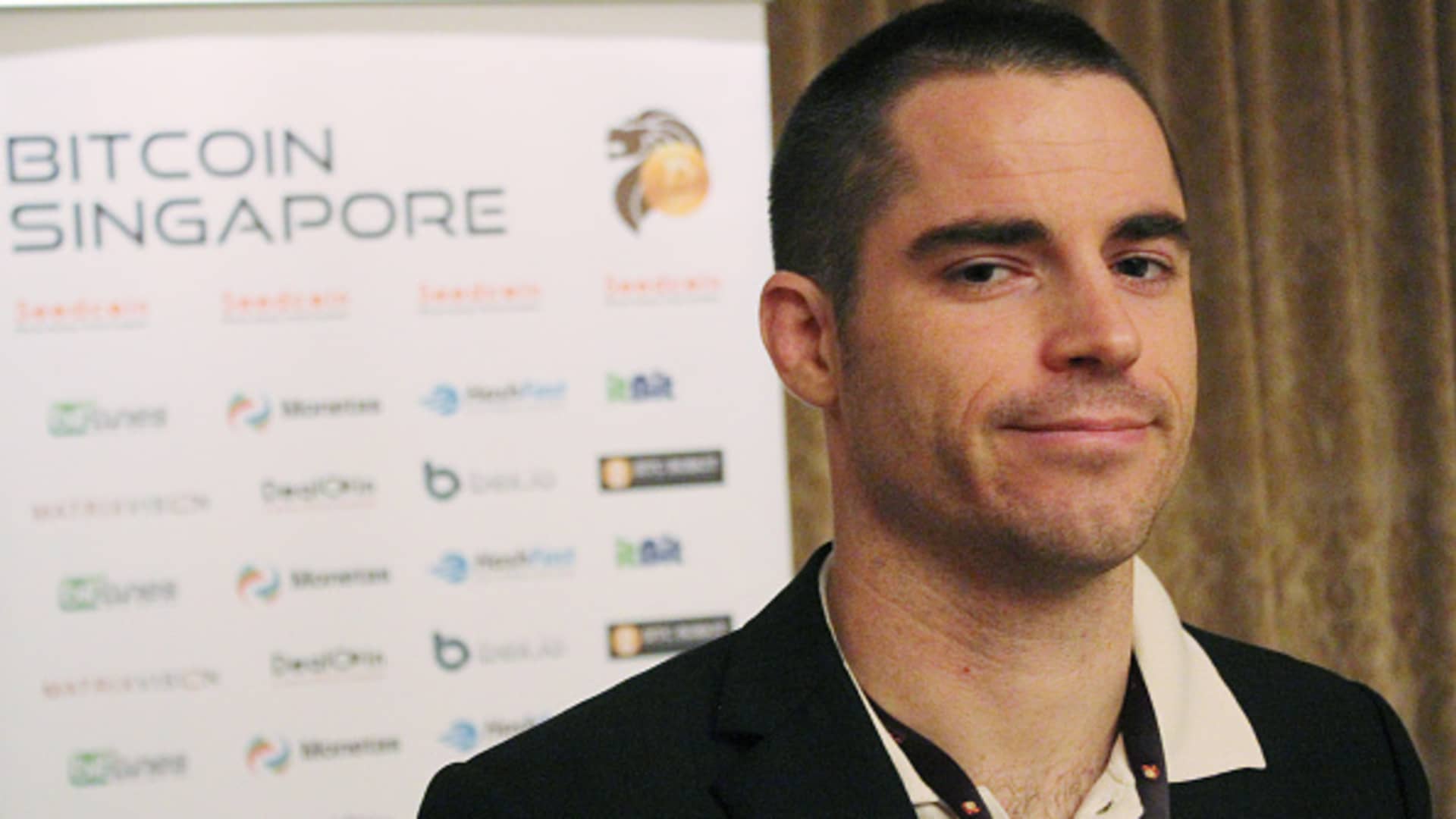An FBI memo warning of possible threats from “radical traditionalist” Catholics violated professional standards but showed “no evidence of malicious intent,” according to an internal Justice Department investigation released Thursday.
Republicans have used the 11-page memo, which was leaked early last year, as a talking point. They have pointed to the document to sharply criticize the office, suggesting without evidence that it is part of a broader campaign by the Biden administration to persecute Catholics and conservatives for their faith.
The memo was quickly retracted after it was leaked, and senior law enforcement officials have repeatedly distanced themselves from it.
The investigation by the Justice Department watchdog found that agents at the FBI office in Richmond, Virginia, falsely conflated activists’ religious beliefs with the likelihood that they would engage in domestic terrorism, making it appear as if they were being targeted because of their faith targeted.
But after a 120-day review of the congressionally ordered incident, Michael E. Horowitz, the department’s inspector general, found no evidence, based on the FBI report and interviews conducted by his own investigators, that “anyone ordered or directed anyone” to do so. to initiate investigations into Catholics because of their religion.
An FBI statement Thursday said the inspector general’s review was consistent with the FBI’s own accounting records.
“The FBI has stated on multiple occasions that the intelligence product did not meet our high standards and was quickly removed from FBI systems,” it said. “We also said that there was no intention or action to investigate Catholics or anyone on religious grounds.”
The FBI memo, written in late 2022 by an analyst in the Richmond office and finalized with other authors in January 2023, mentioned potential threats from self-described Catholic extremists and “far-right white nationalists” in the run-up to the 2024 election.
The authors wrote that the intersection of these groups offers new opportunities for “threat reduction,” developing confidential sources and “exploring new routes for tripwires” — a reference to an early warning system for domestic terrorism.
The memo, known as a so-called awareness product, was written for the office’s executives and was intended to predict possible activity rather than offer a strict factual assessment. Similar memos were written after Virginia legalized online sports betting to determine its impact on money laundering and other criminal activity.
“Although there was no evidence of malicious intent or improper purpose,” Mr. Horowitz wrote, the memo “failed to meet analytical craft standards and demonstrated errors in professional judgment.”
After the memo was released, FBI Director Christopher A. Wray tightened approval requirements for such reports and formally reprimanded employees involved in the case.
The Richmond memo was prompted by the department’s investigation into a male Henrico County resident who, according to the memo, described himself as a “radical traditional Catholic clergy fascist,” illegally collected weapons and had a history of making violent threats against liberals and racist minorities and Jews and appeared to be preparing to launch some sort of domestic terrorist attack.
That man has not been identified, but the dates and details of the case match those in the record of Xavier Lopez, who was indicted on federal weapons charges last June, pleaded guilty last month and has not yet been sentenced. A call to Mr. Lopez’s attorney was not immediately returned.
The FBI investigation into Mr. Lopez included examining his interactions with members of a conservative Catholic community unaffiliated with the local archdiocese to which he belonged.
The office placed a confidential informant in the community to befriend the man and determine whether he was trying to recruit other members “to carry out an attack,” the inspector general found. The FBI decided to use the informant because it was the only potential way to establish regular contact with Mr. Lopez.
According to the inspector general, the informant had strict instructions to only collect information about the target and not about the church or other community members.
The Richmond office contacted officials in the Domestic Terrorism Unit at FBI headquarters in Washington to discuss preparing a report for FBI senior leadership.
A headquarters analyst responded that she was “really interested in this revival of interest in the Catholic Church” among people she identified as domestic violent extremists — but the effort was halted when the memo was released, the inspector general found.
In campaign speeches, former President Donald J. Trump accused the administration of “targeting Catholics with violence and viciousness,” without specifically referring to the memo.
Republicans, led by Representative Jim Jordan of Ohio, chairman of the House Judiciary Committee, and Senator Charles E. Grassley, who serves on the Senate Judiciary Committee, have demanded answers from Mr. Wray and other Justice Department officials.
In a statement, Mr. Grassley said the report left some important questions unanswered, including the office’s decision to delete files related to the memo.
In April 2023, Mr. Jordan threatened to subpoena Mr. Wray if he did not answer questions about the memo. That turned out to be unnecessary.
“The FBI suggested that its agents contact Catholic communities to tap sources among clergy and church leaders to obtain information about Americans practicing their faith,” Jordan said at the time.
At a contentious hearing before Mr. Jordan’s committee in July, Mr. Wray vehemently denied allegations that the office had targeted Catholics. He described himself as horrified after seeing the memo, ordered the document deleted from the FBI system and ordered an internal review.
Seamus Hughes contributed reporting.
Source link
2024-04-19 00:30:05
www.nytimes.com








